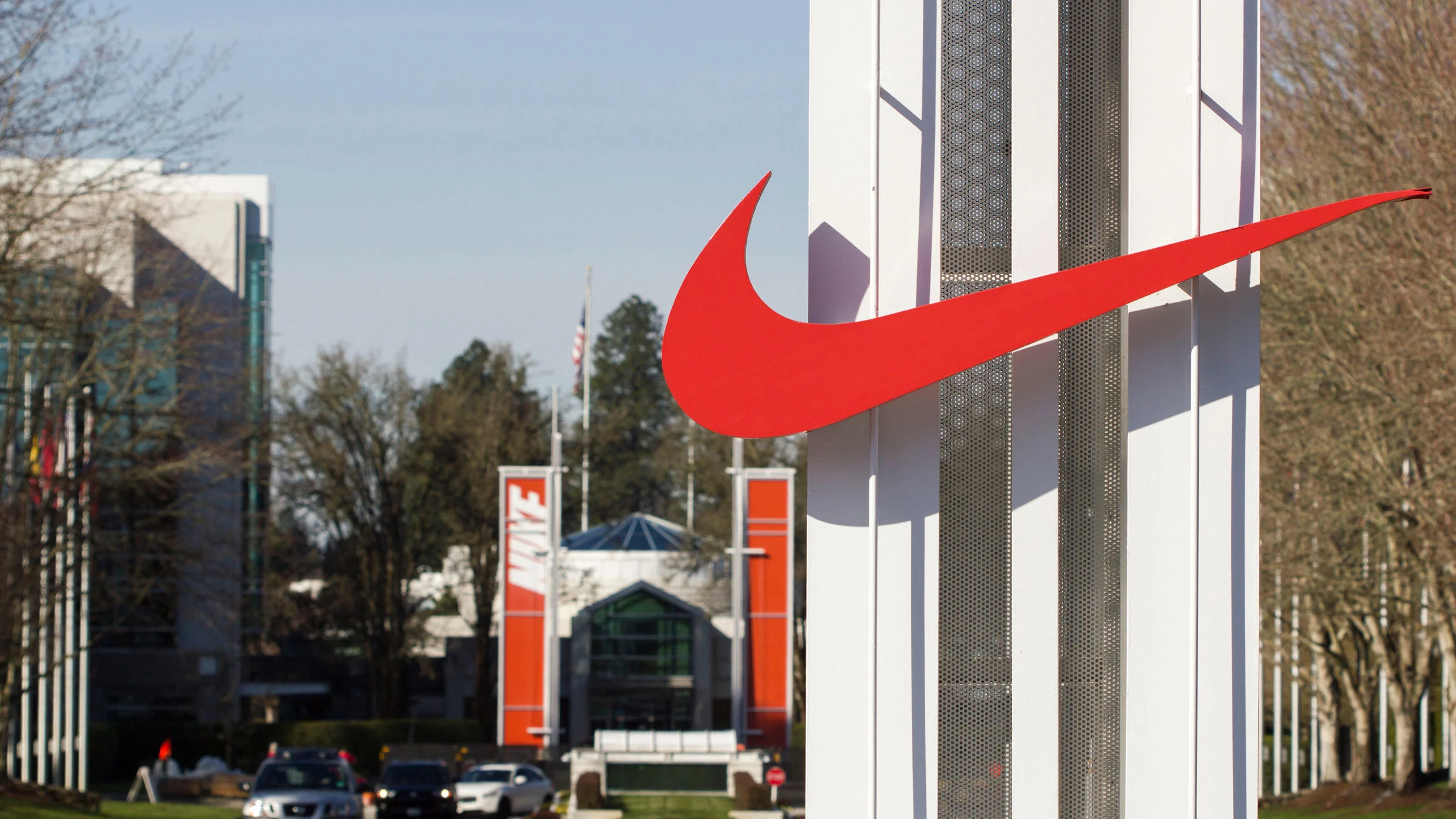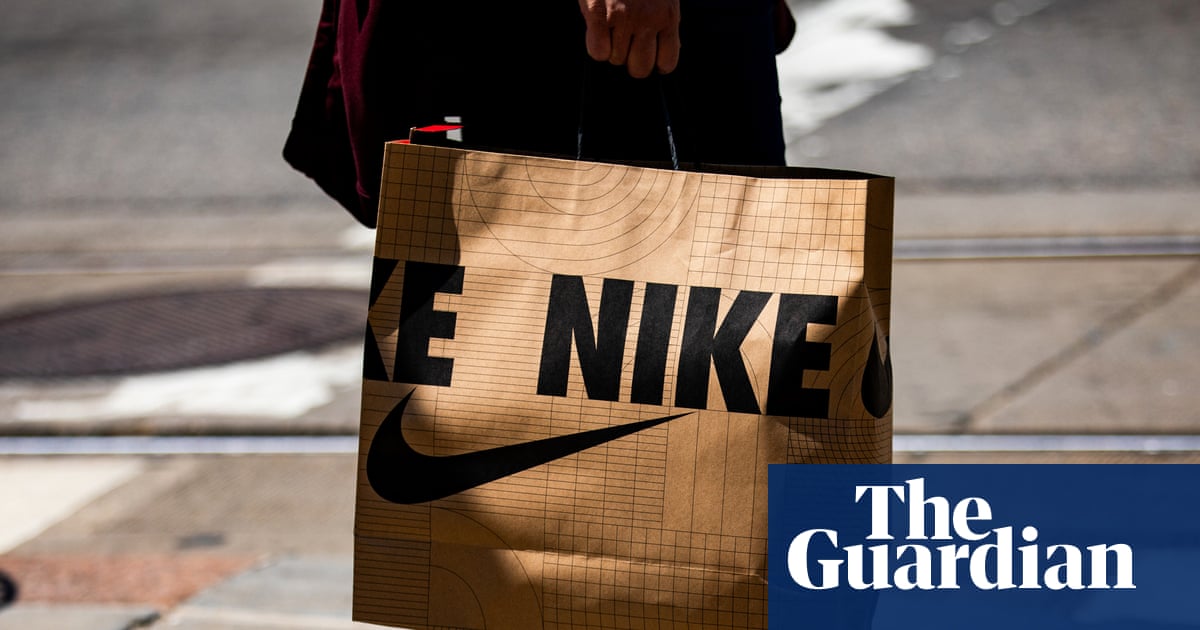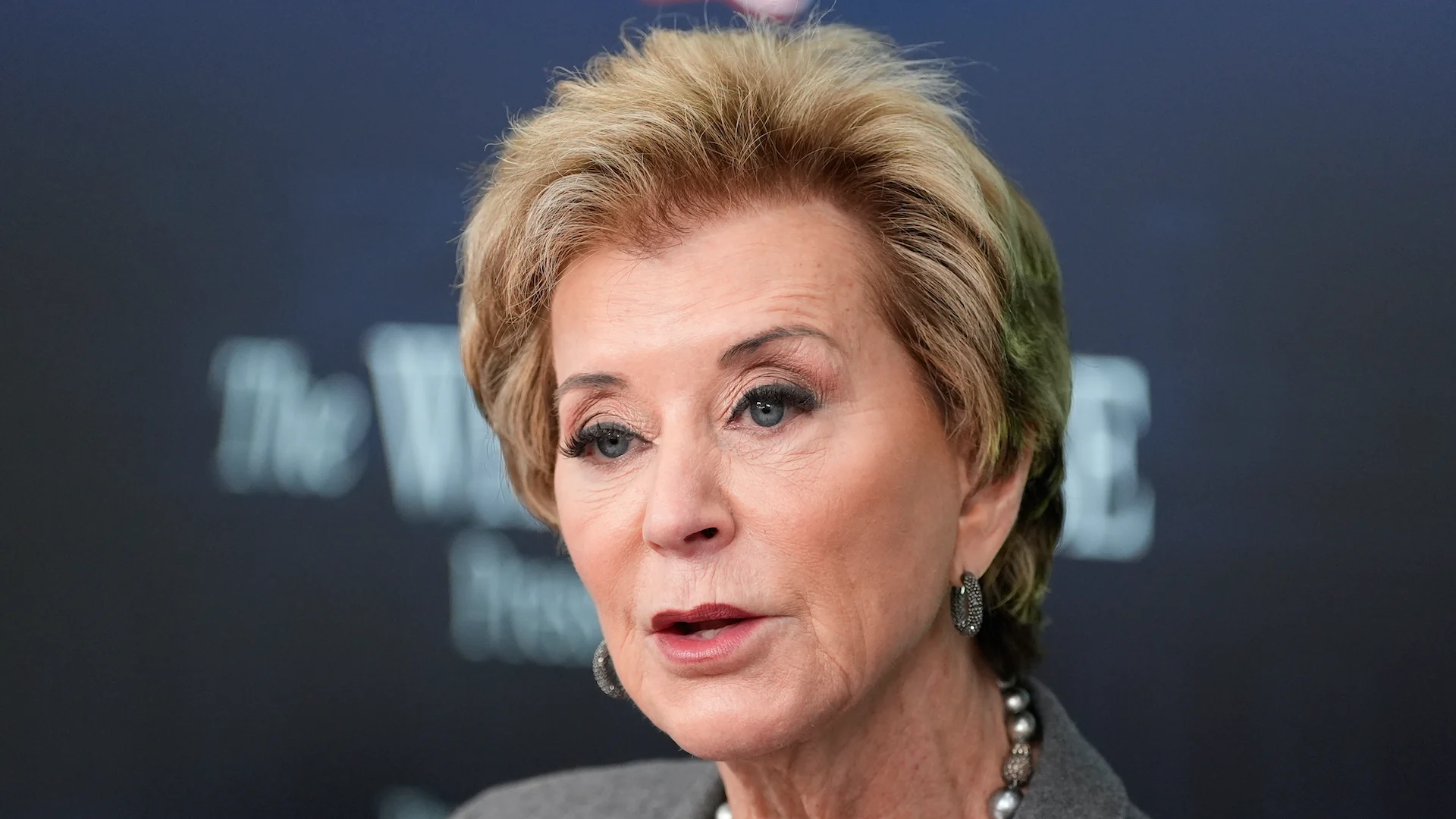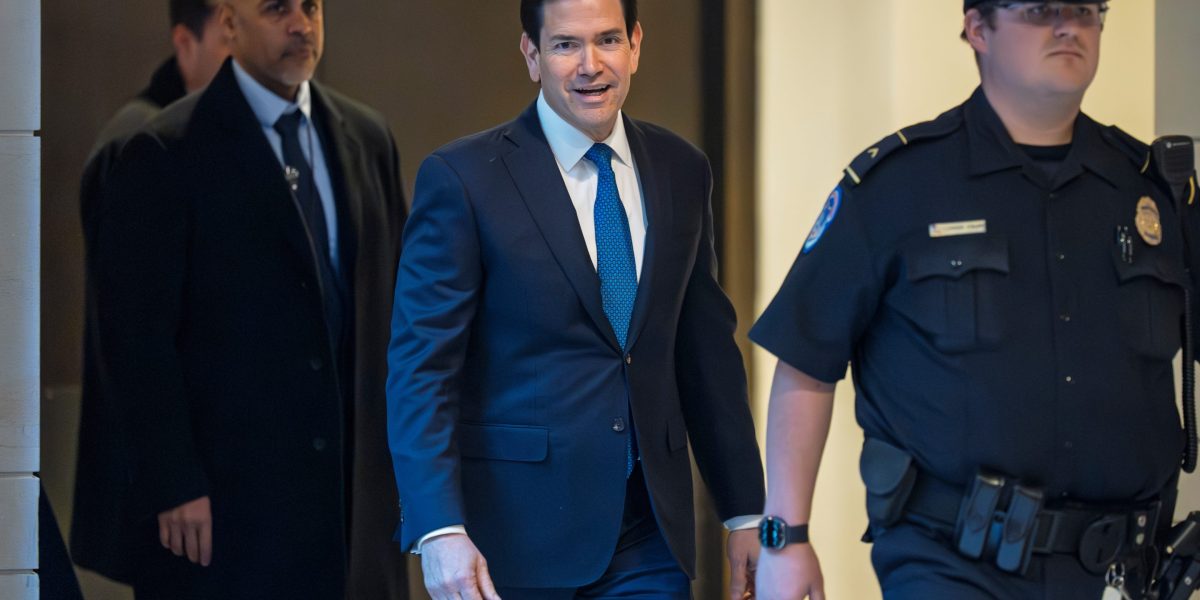fromInside Higher Ed | Higher Education News, Events and Jobs
3 months agoSome Colleges Cut Diversity Essays, But They Remain Popular
Two years after the Supreme Court banned the use of race in college admissions decisions and in the wake of the Trump administration's attacks on diversity, equity and inclusion, colleges' use of diversity- and identity-related supplemental essay prompts is patchy. After a boom in prompts about applicant's identities, several universities have scrapped the essays entirely for the 2025-2026 admission cycle. Still others, especially selective universities, have kept the prompts, saying they are the best way to get to know their applicants.
























